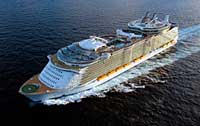
RCCL Allure of the Seas
On Friday morning, a British passenger was seen falling overboard fell from the balcony of his cruise ship cabin on the Royal Caribbean cruise ship, the Allure of the Seas, while cruising off the coast of Mexico, near the island of Cozumel. The Allure of the Seas with a capacity of 5,400 passengers is currently the largest cruise ship in the world. The passenger, a 30 year old man, is still missing, despite ongoing searches by the Mexican Navy and Coast Guard. This has been the third recorded case of passengers or crew lost overboard on cruise ships this year and the second incident on a Royal Caribbean ship. In 2011, 23 people were reported to have been lost overboard on cruise ships and ferries. Since 2000, 176 are reported to have been lost. Thanks to Alaric Bond for passing on the news.

 The
The 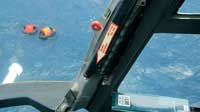

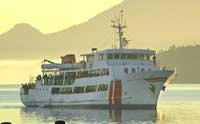
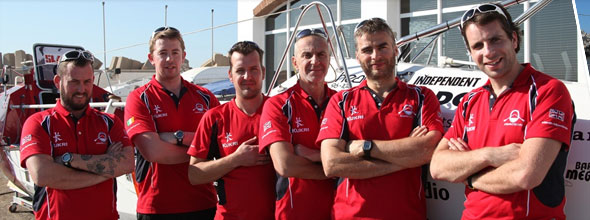 These are busy days in ocean rowing. As the
These are busy days in ocean rowing. As the  The search for the missing in the submerged portions of the Costa Concordia
The search for the missing in the submerged portions of the Costa Concordia 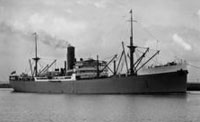 The Portland, ME based,
The Portland, ME based, 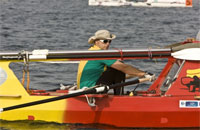
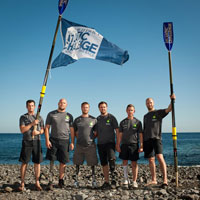

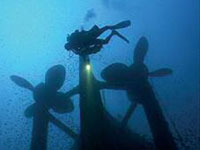
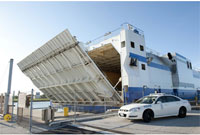
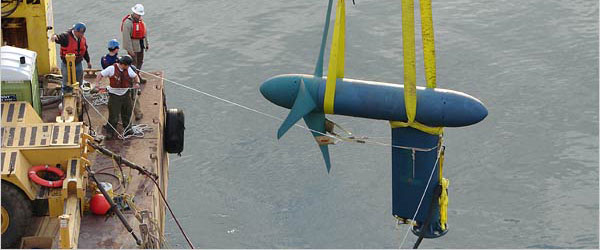
 The
The 
 Last night around 8PM, the supply ship, MV Delta Mariner, operated by
Last night around 8PM, the supply ship, MV Delta Mariner, operated by